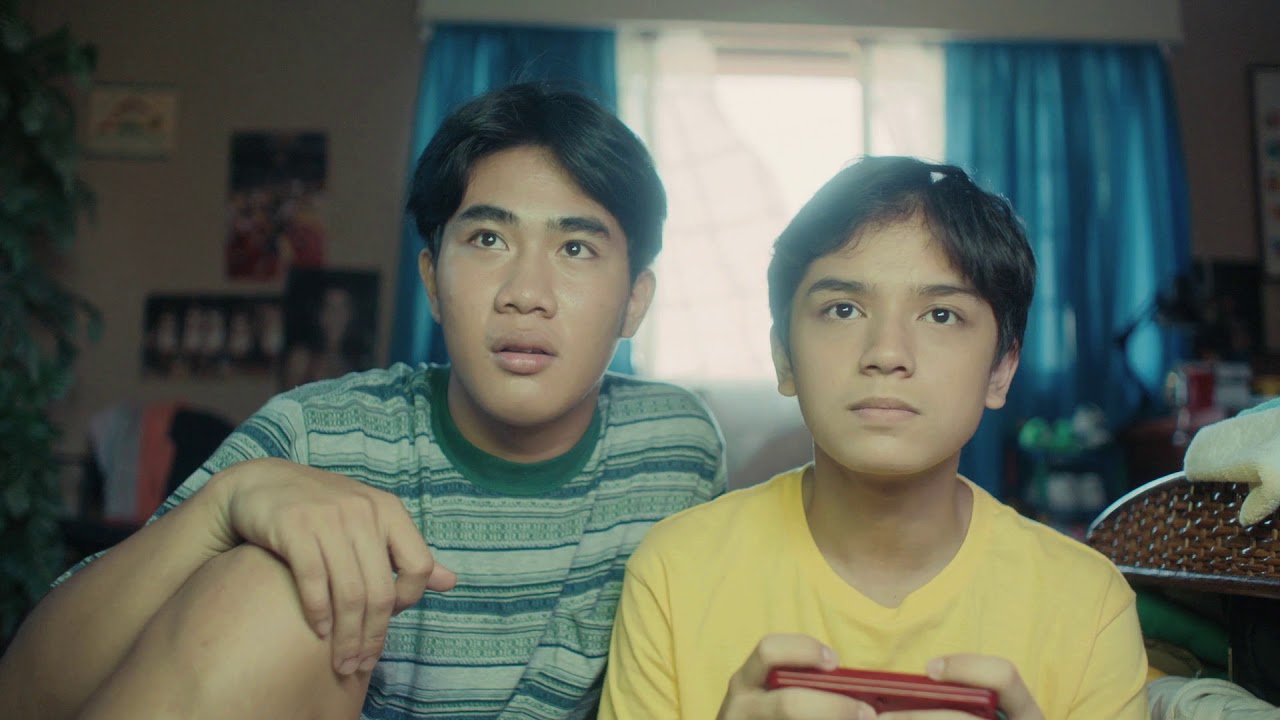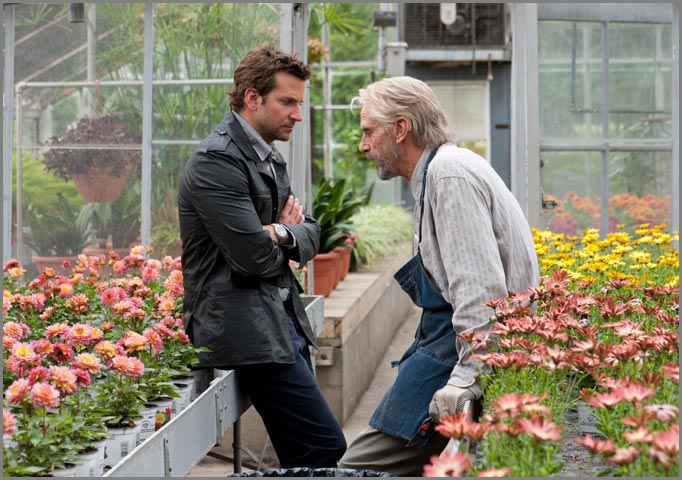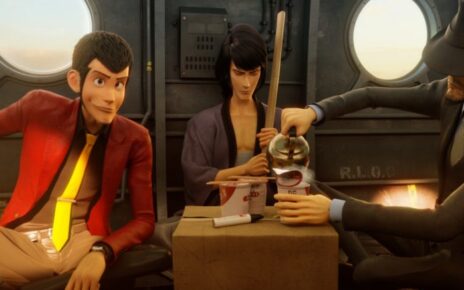Warsaw, 1991: It’s Ok to be an angry Jew in Poland. Well … maybe. Dad, a rare Auschwitz survivor, sure doesn’t think so. But his perpetually disgruntled daughter Ruth is determined to find her roots. Does Dad really need to be there? Yes and no and yes.
Edek (Stephen Fry) calls his daughter “Rootie.” It’s a Polish thing, I imagine – despite the fact that neither lead is Polish. Ruth (Lena Dunham) is a New York City journalist. And a disgruntled and easily set-off NYC journalist she is, constantly at war with her father, her origins, her background, everyone she meets, and life itself, it seems. This is not an aggressive war; she isn’t battling with every breath. But it’s not a passive-aggressive war, either. Ruth is on vacation, but there isn’t an ounce of her that seems to be having a good time anywhere.
The trouble begins when Dad boards the wrong plane and then proceeds to undermine every one of Ruth’s plans. He isn’t where he’s supposed to be; he doesn’t want to ride the train; he overtips at the hotel; he changes their accommodations; he hires a driver to take them to where she doesn’t want to be… and he does it all of it with an innocent smile. If his patter weren’t so friendly, it would be the most patronizing and misogynistic thing you’ve ever seen. The direction here is remarkable because Ruth is getting exactly zippo out of the detailed vacation she planned, but because of their respective natures, we seem to be favoring Dad in this battle. “Oh, let him do what he wants; he’s old and friendly and doddering; you’re just a sourpuss.”
Ruth, however, is determined. She is going to get to the bottom of where and how Dad lived before he was shipped to Auschwitz along with 1.3 million other Jews. (1.1 million didn’t survive the experience.) The movie works its way up to this information, like it’s trying to summon the courage to tell us the whole story. Dad just seems so jolly and likeable – how could he possibly be an Auschwitz survivor?
Treasure wants us to pit the two against one another. Friendly, free-loving Santa-like Dad v. that angry woman who brings jars of seeds to every meal and attacks Polish residents on their home turf. OK, OK, tell me this, reader: Say your family was forcibly evicted from a place fifty years ago. At the time, you were drummed out unceremoniously, and sent possession-less to a concentration camp. Fifty years later, your child returns to discover a large family living in the place where your people were evicted. The original couple to move in is long since dead and gone (the government moved them there to fill a gap and little more); all that is left is a throng of poor descendants. Here is the $64,000 question: what do they owe you? Do they owe you company? Manners? Do they owe you the dwelling? Their possessions? These are questions the film seemed to have a firm answer for, but I’m not 100% convinced. And I couldn’t help thinking about how even though living as a free person in Poland in 1942 beat the heck out of being sent to Auschwitz, it clearly wasn’t a good life. And what do the grandchildren owe anybody? It doesn’t seem fair to take their nothing away from them, does it?
family was forcibly evicted from a place fifty years ago. At the time, you were drummed out unceremoniously, and sent possession-less to a concentration camp. Fifty years later, your child returns to discover a large family living in the place where your people were evicted. The original couple to move in is long since dead and gone (the government moved them there to fill a gap and little more); all that is left is a throng of poor descendants. Here is the $64,000 question: what do they owe you? Do they owe you company? Manners? Do they owe you the dwelling? Their possessions? These are questions the film seemed to have a firm answer for, but I’m not 100% convinced. And I couldn’t help thinking about how even though living as a free person in Poland in 1942 beat the heck out of being sent to Auschwitz, it clearly wasn’t a good life. And what do the grandchildren owe anybody? It doesn’t seem fair to take their nothing away from them, does it?
These are some the lesser questions asked by Treasure, which turned out to be sort of a buddy road pic, where the buddy is a father-daughter and the road is the traintracks to Auschwitz. For half a film, I was put off by both Dunham’s aggression and Fry’s aloof. Treasure is the kind of picture, however, that wears on you when you realize the motivations involved. Once the picture made it clear why Ruth was aggressive and Edek aloof, it resolves quite nicely. Shame it took so long to get there, and with several unnecessary speed bumps along the way.
There once was a journalist, Ruth
With a demeanor most uncouth
She planned a whole trip
To get a familial grip
Sometimes it’s better to know less of truth
Rated R, 111 Minutes
Director: Julia von Heinz
Writer: Julia von Heinz, John Quester, Lily Brett
Genre: Father-daughter bonding, Auschwitz style
Type of being most likely to enjoy this film: Polish Jews, if any remain
Type of being least likely to enjoy this film: Nazis



